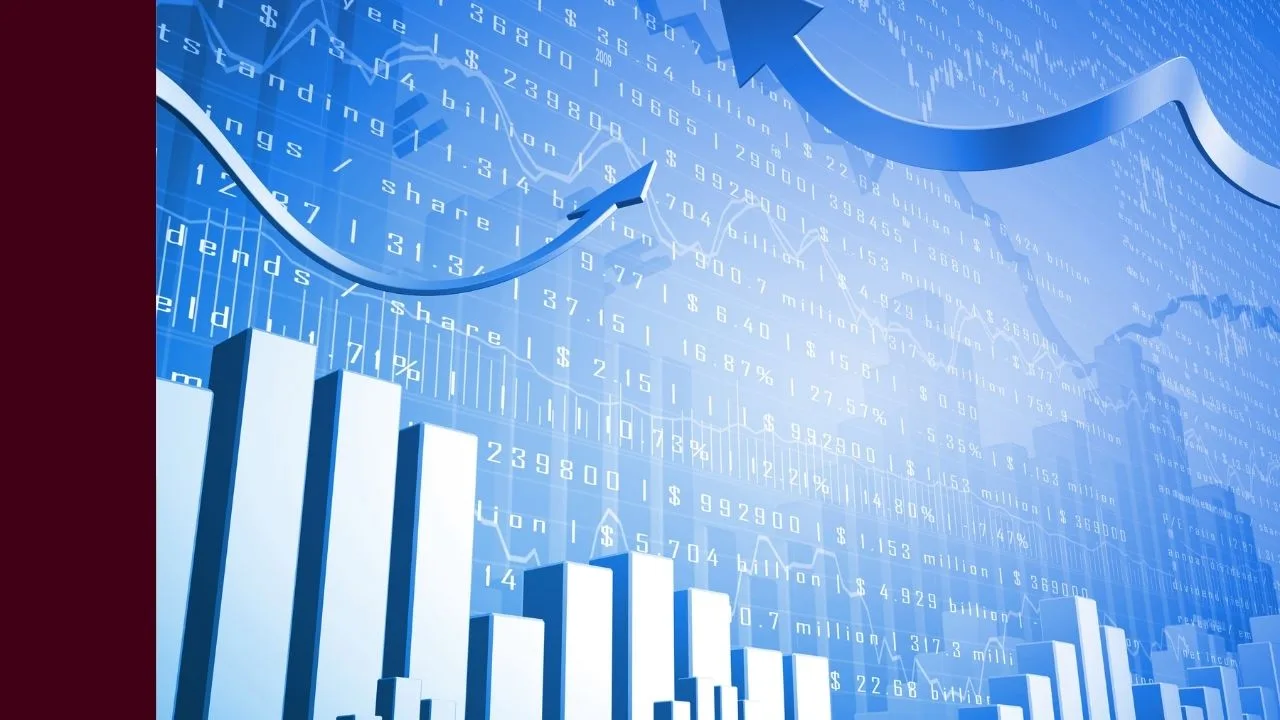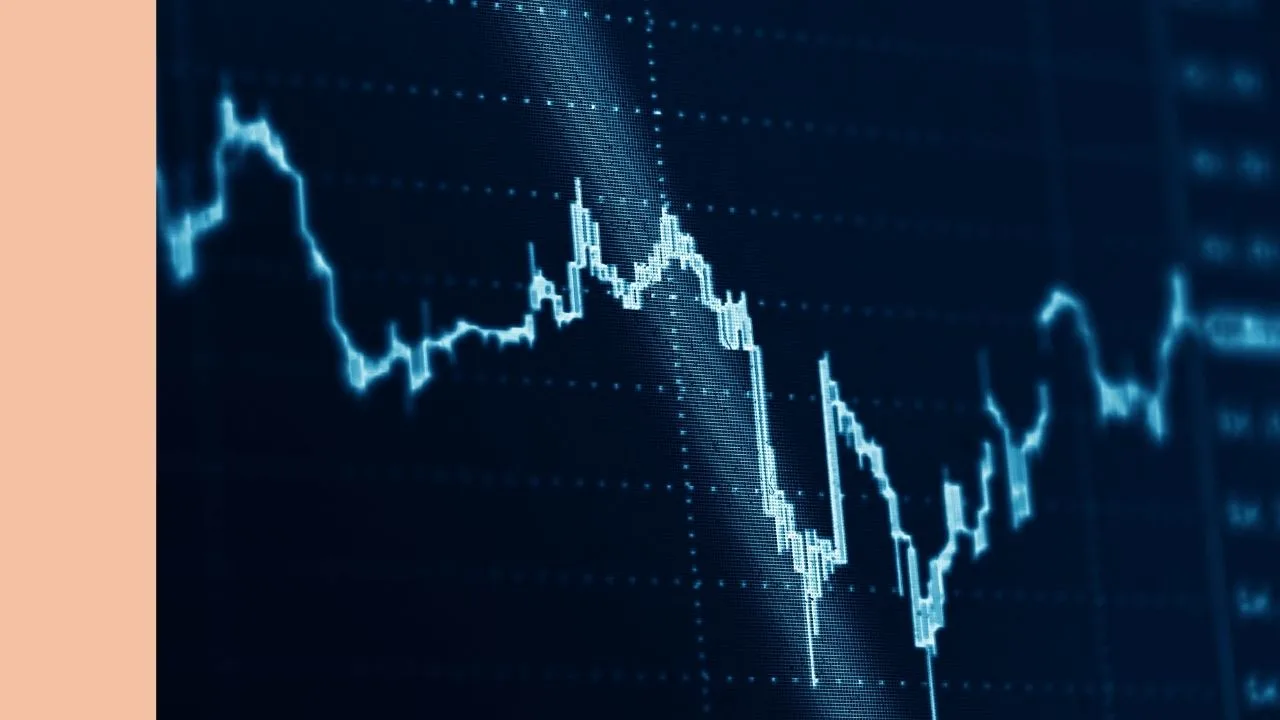Vanguard Australian Shares Index ETF (ASX: VAS) is one of the most popular exchange traded funds (ETFs) on the ASX. Is it a good time to buy?
Before I dive into my own opinion for that answer, I think it’s important to say that it’s nearly always a good time to invest in shares for the long term. Good businesses have shown a great track record of delivering returns over the years.
What’s Vanguard Australian Shares Index ETF all about?
As the name suggests, it gives you diversification into the Australian share market.
Specifically, it seeks to track the return of the S&P/ASX 300 Index. This essentially captures most of the market capitalisation – the value – of the ASX.
When you look at the top holdings there are names like BHP Group Ltd (ASX: BHP), Commonwealth Bank of Australia (ASX: CBA), CSL Limited (ASX: CSL), Westpac Banking Corp (ASX: WBC), National Australia Bank Ltd (ASX: NAB), Australia and New Zealand Banking Group Ltd (ASX: ANZ), Wesfarmers Ltd (ASX: WES), Woolworths Group Ltd (ASX: WOW), Macquarie Group Ltd (ASX: MQG) and Rio Tinto Limited (ASX: RIO).
It’s not a bad list of ASX blue chips. They are among the leaders in their industry and most of them pay an attractive level of dividends to shareholders each year.
Another benefit of Vanguard Australian Shares Index ETF is that it has very low management fee costs. The annual management cost is just 0.10% per annum. That’s very cheap compared to active fund managers.
I don’t think that VAS is a bad option, but I do believe there are couple of issues to think about.
Vanguard Australian Shares Index ETF downsides
But the problem with many of those businesses is that they have largely reached the limits of their growth. For example, the big four ASX banks can’t really take much more market share and the industry doesn’t have strong long term compounding growth potential.
It’s not terrible when looking at some holdings, resources will have periods of strength. CSL and Macquarie have good global growth prospects. Wesfarmers’ ability to keep growing over the decades is impressive.
But there’s also the fact that many of those businesses aren’t retaining a lot of profit to re-invest back into the business for future growth.
Summary thoughts
Lower growth prospects may mean smaller investment returns for investors. But if you’re wanting exposure to large cap ASX shares, then it’s a pretty good option.
In terms of ETFs, I really like global ones such as Betashares Global Quality Leaders ETF (ASX: QLTY).








